Cold water is a jolt to your senses. Your breath catches. Your heart races. You might even feel your toes tingle. In those first moments of a cold plunge, all you can think about is how your body is reacting. As you work through the next two to three minutes, your attention might shift to what comes after: the mental clarity, the boost in focus, the sense of calm control.
Chances are, though, you’re not pondering what’s happening to your cells while you’re submerged in cold water. But what if stepping into a cold plunge did more than wake you up or help your muscles bounce back? What if it actually helped your cells live better and longer?
That’s what researchers at the University of Ottawa might have discovered in a new cold water immersion study.
Whether you’re someone who’s been curious about the science behind cold plunges or simply wondering how ice baths work, we’re breaking down the findings and showing how this study supports what many have felt all along.

What is a cold plunge?
A cold plunge, also called an ice bath, involves submerging yourself in cold water. Typically, the water temperature is between 50 and 59 F. Some people push the temps even lower, but research shows the benefits of cold water immersion kick in once the water drops below 60 F.
Why would someone want to get into a cold plunge? There are myriad reasons. Athletes use cold plunges to recover faster. Biohackers are in it for the mental boost: improved focus, energy, and resilience. And for those dealing with injuries, targeted cold therapy can offer relief. (Think about sticking your ankle in a bucket of ice after a sprain. It’s the same idea, just leveled up.)
A cold plunge can be as basic as pouring bags of ice into a bathtub or even wading into a frigid lake. You can also visit a recovery studio or invest in an at-home cold tub to make it part of your daily routine.
The University of Ottawa study: What they did
Cold water immersion is not a new practice. However, it has gone from a niche to mainstream in the past few years. And it’s expected that the popularity will only grow. Researchers, like those at the University of Ottawa, are now looking if there’s more behind the trend than anecdotal evidence.
For this study, the team was focusing on two critical cellular processes: autophagy and apoptosis.
Autophagy is like your cells' self-cleaning system. It's how they recycle damaged parts and stay healthy. When your cells kick autophagy into gear, they remove damaged parts, prevent the buildup of waste, and improve overall function. If the process isn’t occurring as it should, it can lead to inflammation, aging-related decline, and some types of cancer.
Apoptosis is a way that your body gets rid of cells that are no longer functioning properly. It’s often called programmed cell death. While death might have a negative connotation, apoptosis is a good thing.
The theory? If cold exposure could improve these two processes, it could make cells more resilient to stress, possibly boosting long-term health and even slowing signs of aging.
To test this, researchers had 10 healthy, physically active young men (average age 23) undergo one-hour cold plunges at 14 C (57 F) for seven consecutive days. Blood samples were taken before and after the experiment to analyze cellular changes.

Cold plunge benefits: What did the study find?
The study might’ve had a limited focus, but the findings hint at broader benefits. Showing that cold exposure can kick off powerful changes at the cellular level, the researchers found that cold water immersion might support health and longevity.
The body adapts to cold water faster than you think.
By the end of the seven days, the participants’ cells were significantly more tolerant to cold. In other words, the discomfort you feel on day one isn’t permanent. Your body adjusts and gets stronger.
“We were amazed to see how quickly the body adapted,” said Kelli King, the lead author.
Cold exposure jump-starts autophagy.
Initially, the cold caused some cellular dysfunction, which was a stress response. But with consistent exposure, that changed dramatically.
After a week of cold plunges, the researchers saw a major boost in autophagic activity. That means the cells were cleaning up better and functioning more efficiently.
“This enhancement allows cells to better manage stress,” Professor Glen Kenny explained. “It could have important implications for health and longevity.”
Cellular damage signals went down.
The repeated cold plunges not only improved the cells’ cleanup systems but also reduced signs of damage. That means the cells weren’t just surviving the cold; they were thriving.

What does the cold plunge science mean for you?
Most of us are getting into a cold tub for three to five minutes at a time; definitely not an hour. And we’re not doing it in a lab where everything is controlled. It can feel like the cold plunge science is on a completely different level.
But there are ways to connect the dots between the science and your day-to-day routine.
If you’re already taking cold plunges, this study backs up what you’ve likely experienced: better energy, mental clarity, and faster recovery.
If you’ve been on the fence, wondering about the purpose of ice baths or asking yourself what is a cold plunge really good for? Here’s your answer: It might be one of the simplest ways to train your body to be more resilient, inside and out.

Questions about the cold plunge science
As you learn more about the cold plunge science, you are likely to have questions buzzing in your mind. Whether you are curious about its age-defying potential or wondering who should do a cold plunge, science provides answers about the coolest trend in wellness.
Does this mean cold plunges reverse aging?
Not quite. However, cold water immersion might help slow it down.
Think of your cells as a garage full of parts. Over time, junk builds up. Without a cleanup crew (autophagy), that junk clogs the system. With consistent cold exposure, your body might recruit more cleanup workers, which will help your cellular systems run smoothly.
“This work underscores the importance of acclimation protocols in enhancing human health,” Professor Kenny said.
Is this just for athletes?
Definitely not. While athletes were some of the first to popularize cold plunges, the benefits go far beyond muscle recovery.
This study opens the door for cold water immersion as a tool for general wellness. Whether you're a weekend warrior, a 9-to-5 office worker, or want to live to 180 like biohacker Dave Asprey, consistent cold exposure could help you become more stress-resistant, mentally and physically.

Thinking about adding cold plunges to your routine?
If you're ready to move from "What is a cold plunge?" to "Where can I get one?", you're not alone.
With more research backing its benefits, cold water immersion is quickly moving from fringe wellness hack to mainstream recovery tool. And with Chilly GOAT Cold Tubs, it's easier than ever to make it part of your routine.
Built for recovery, designed for consistency, and trusted by elite athletes, our tubs help you experience the science-backed benefits of deliberate cold exposure — right at home.
Want to see what it’s all about? Check out our full range of cold tubs and ice baths.
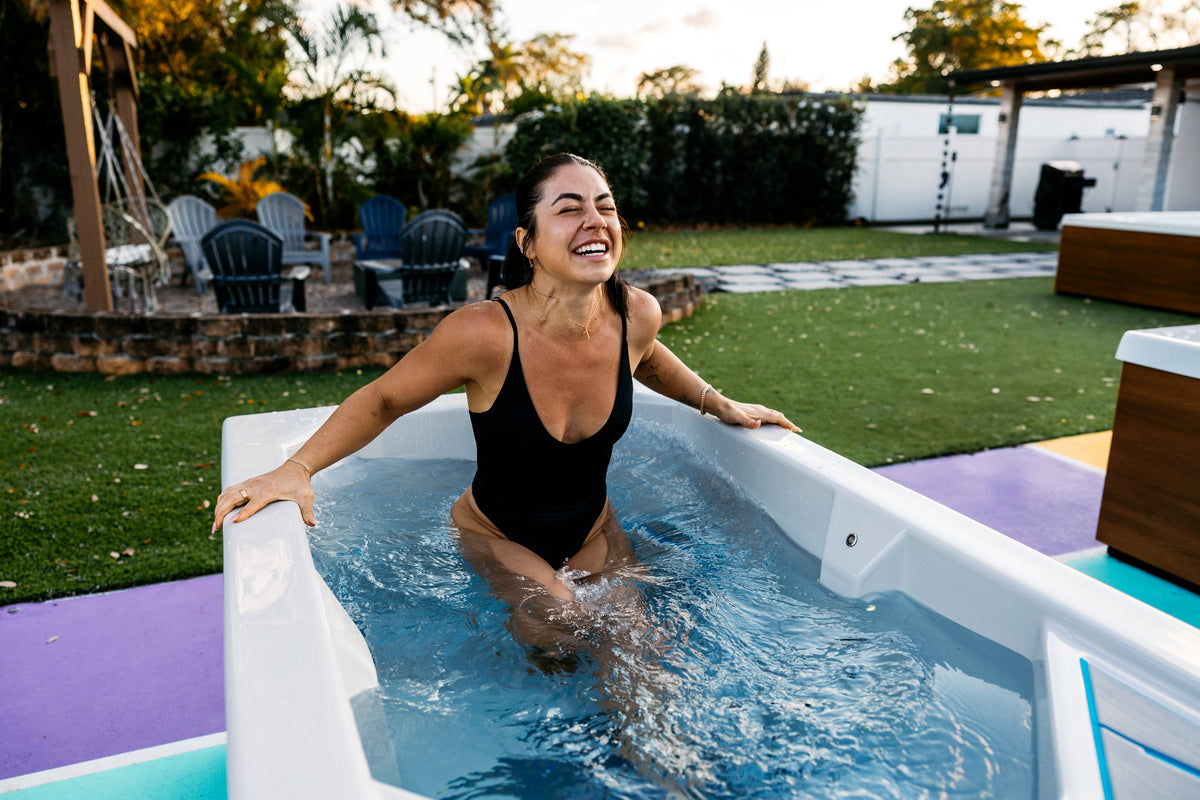
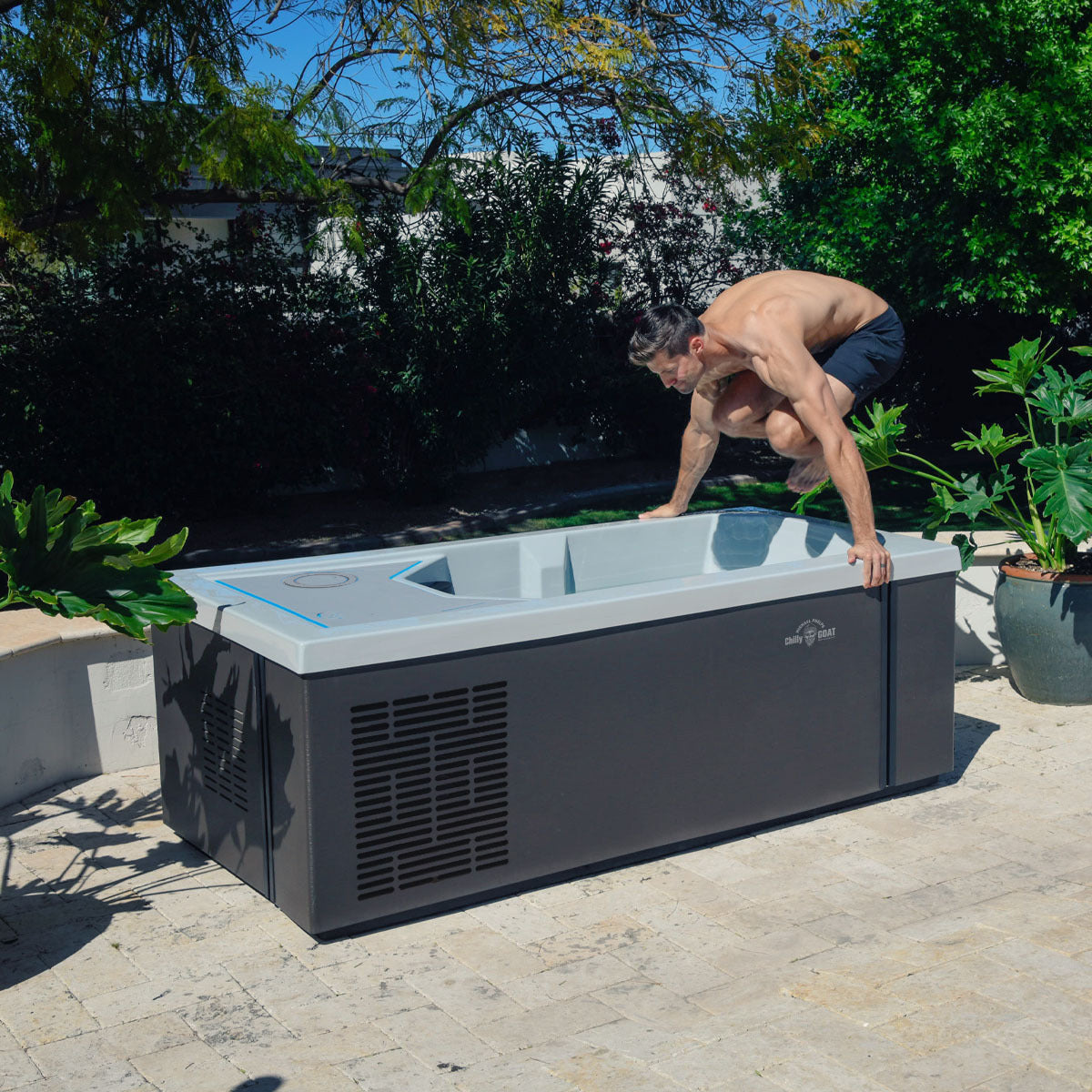
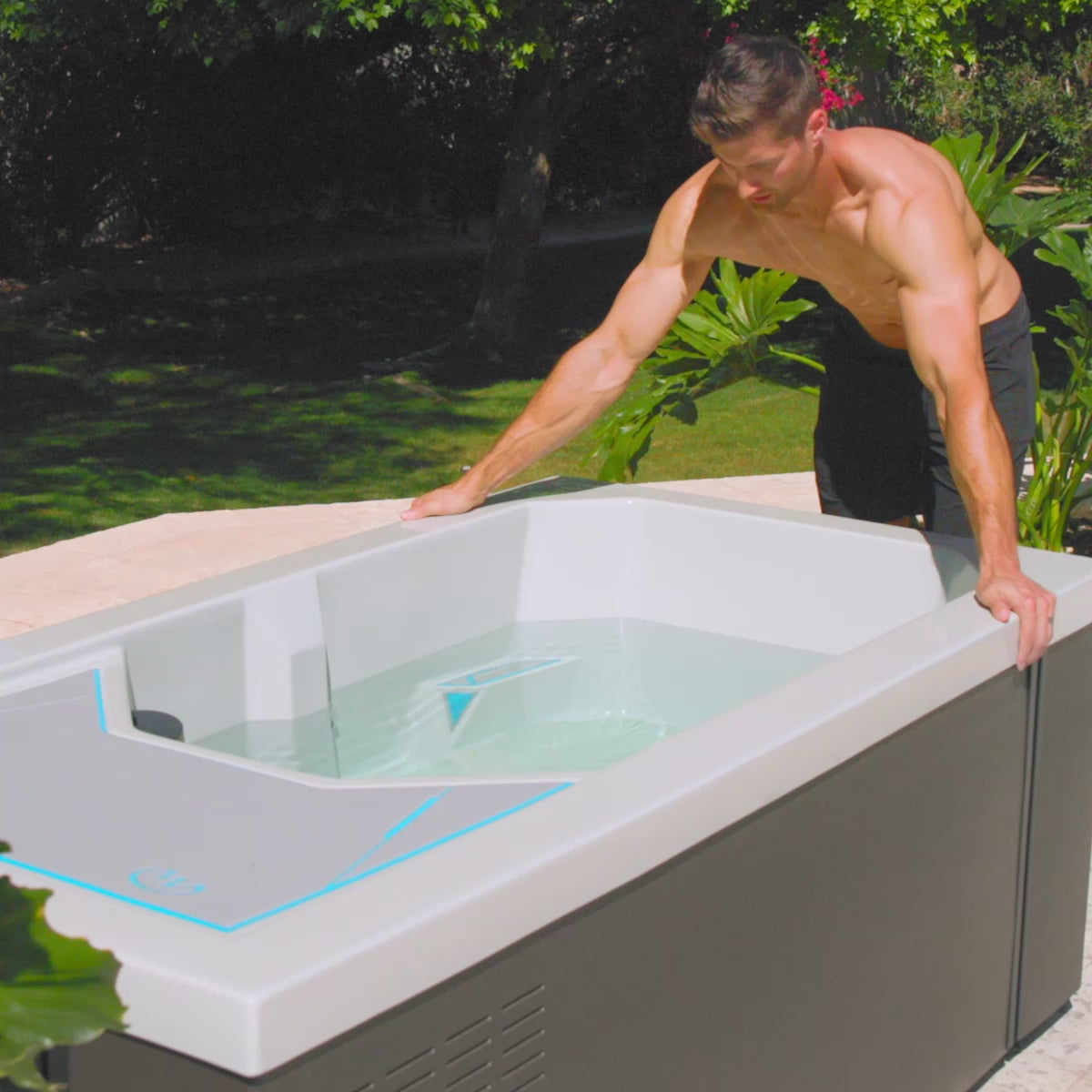
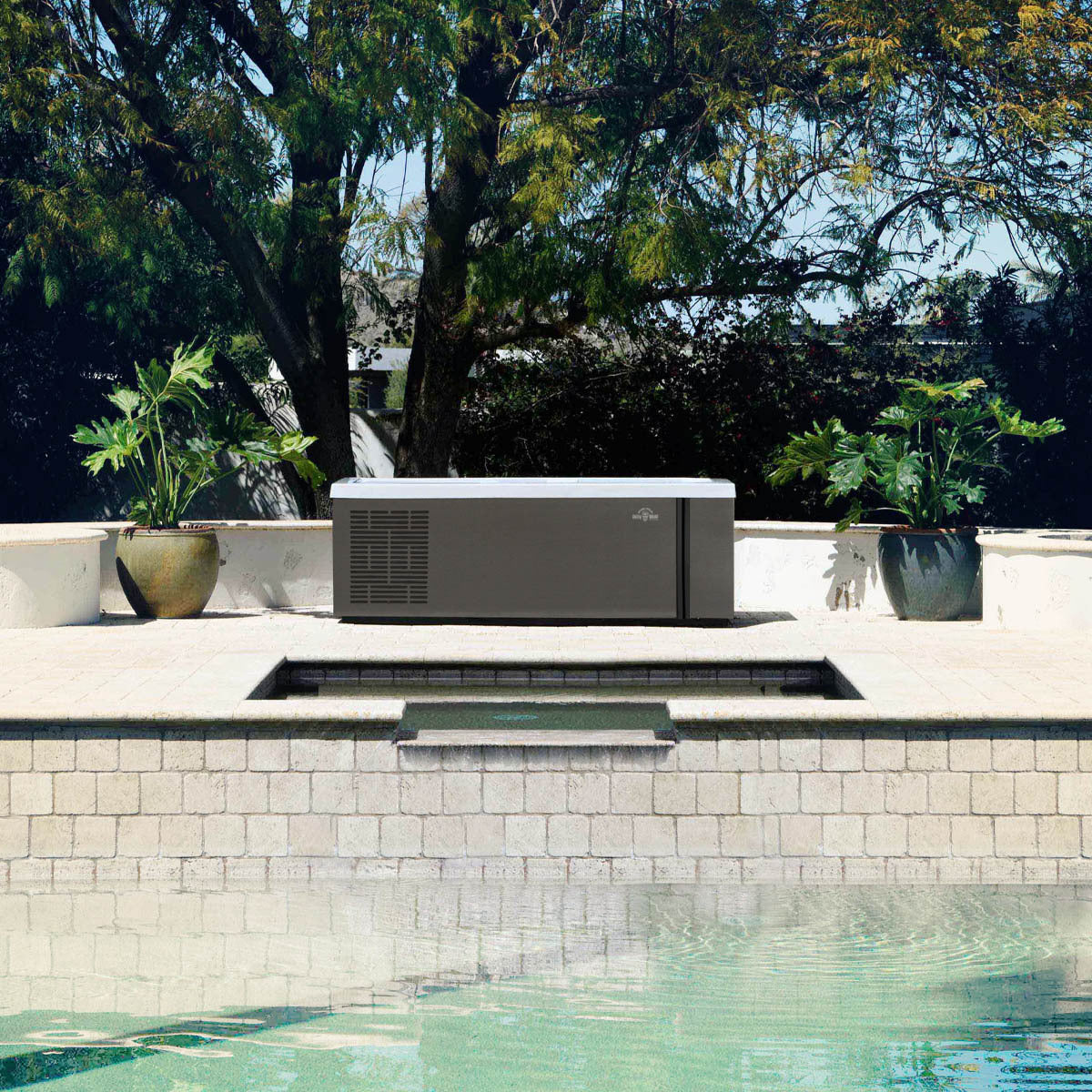
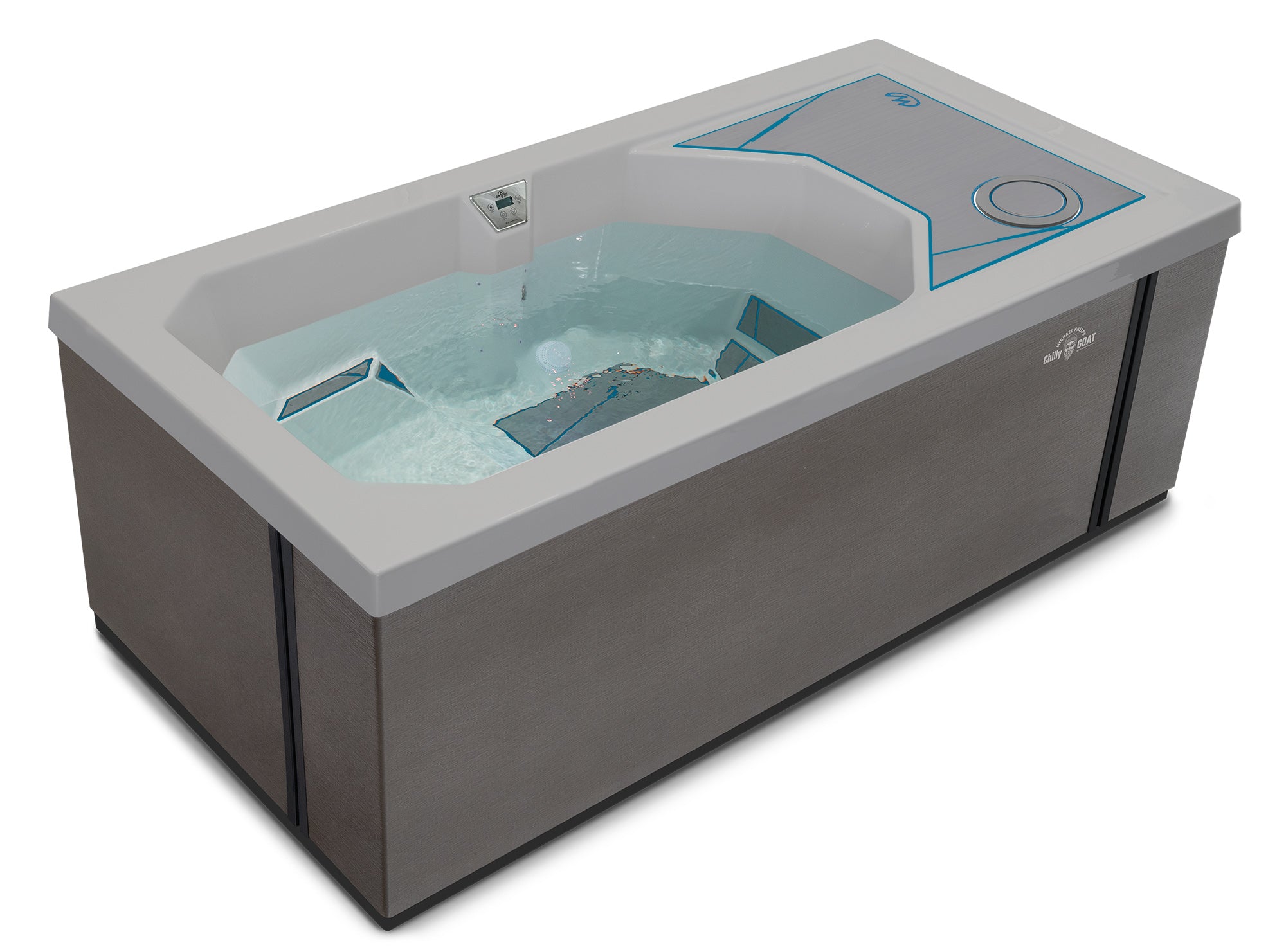
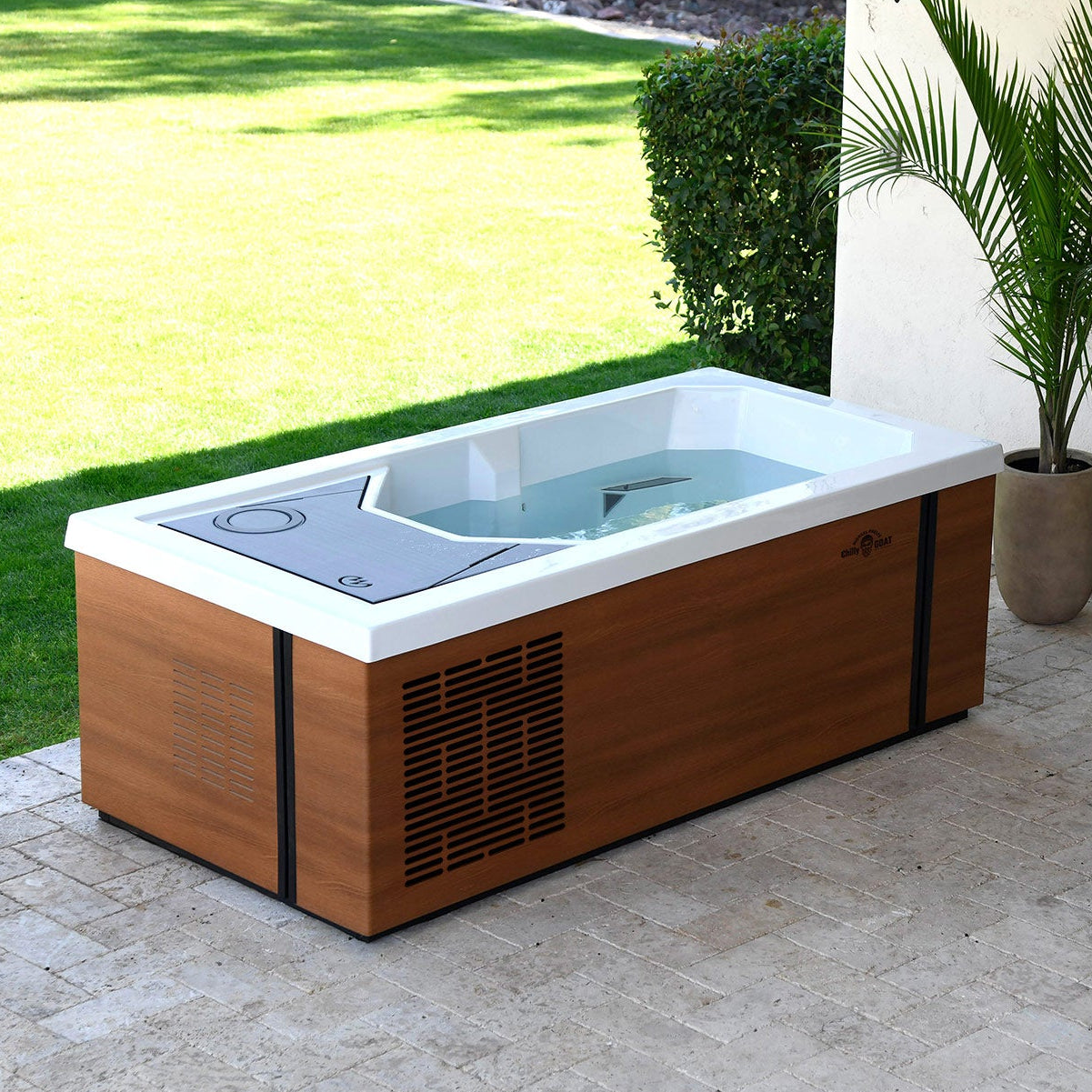
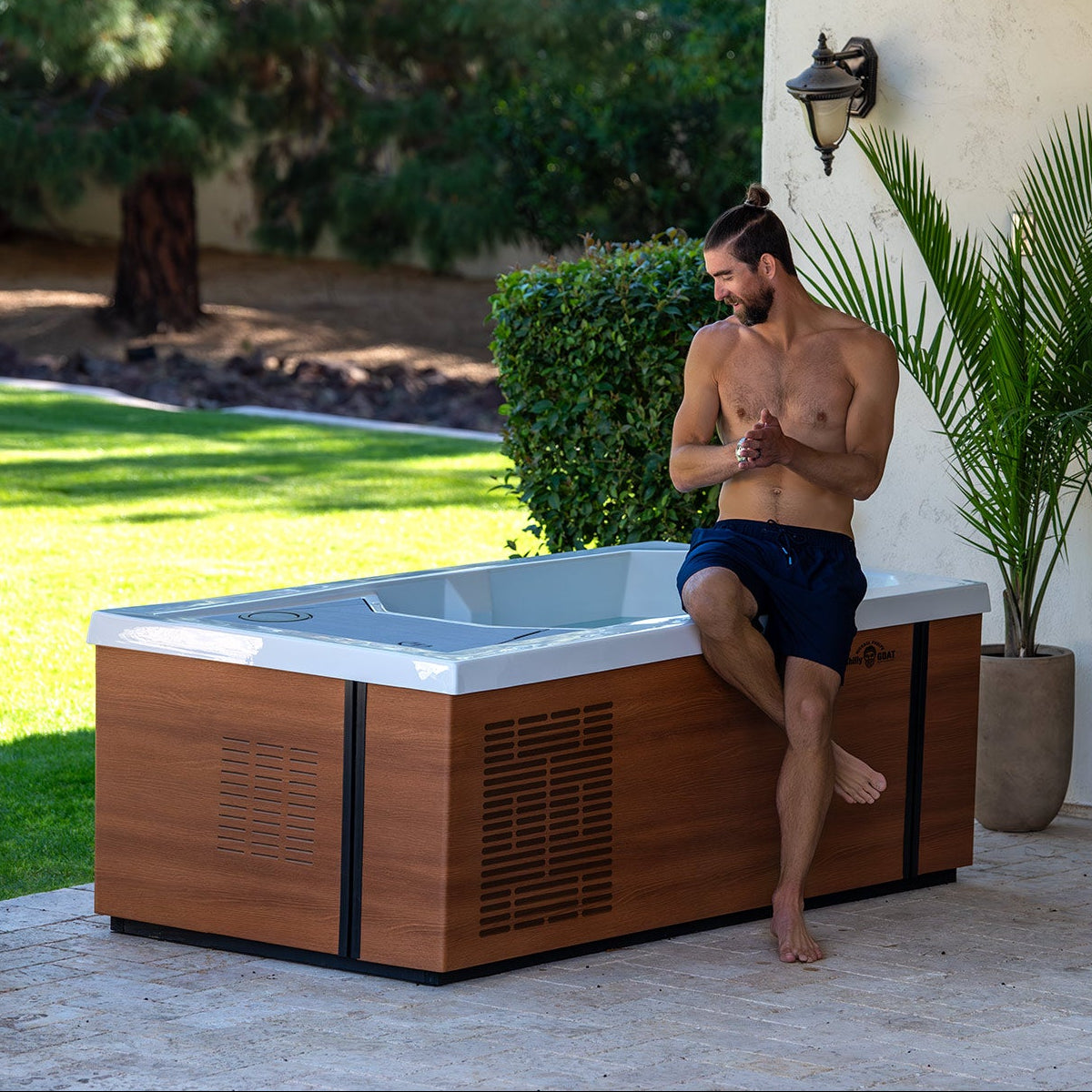
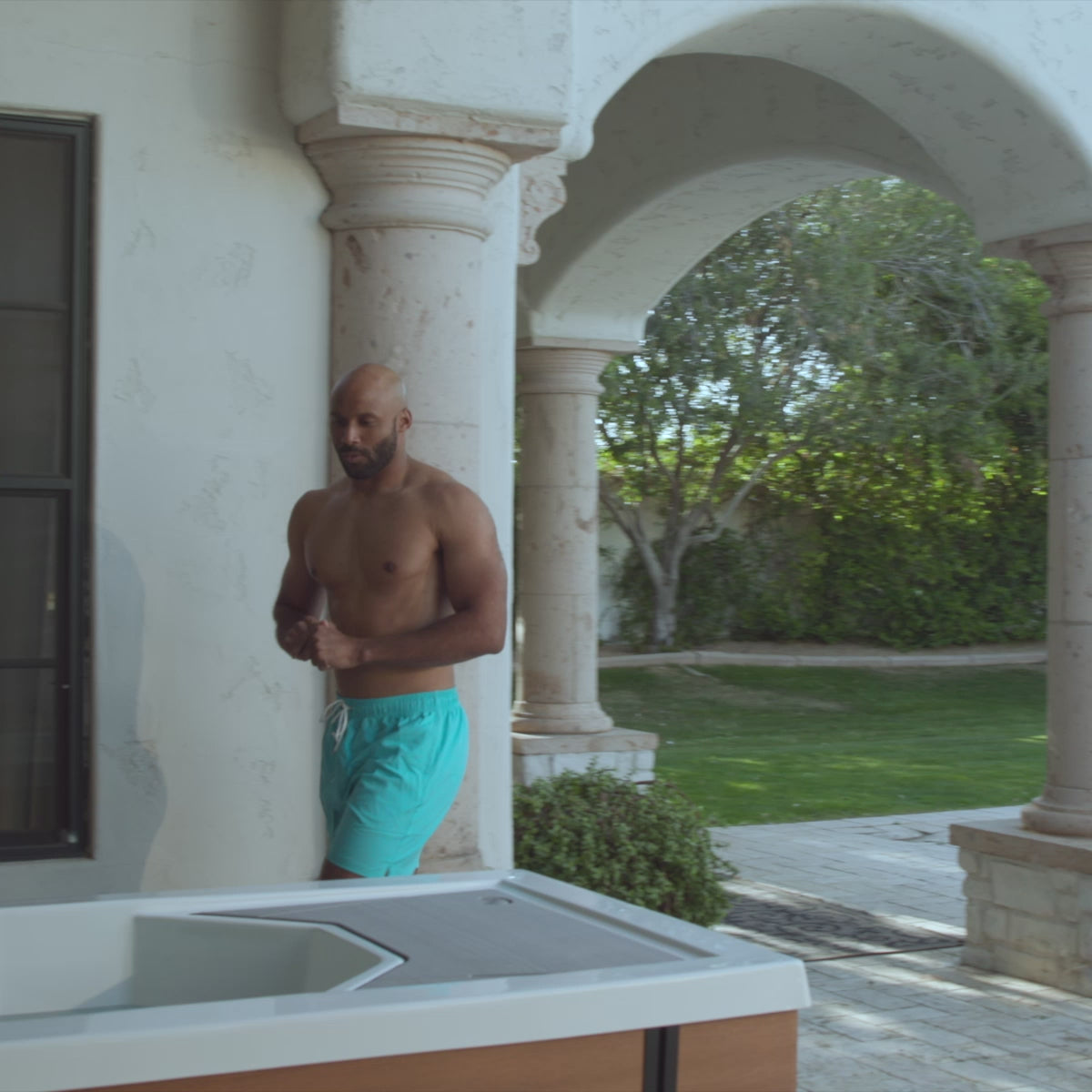

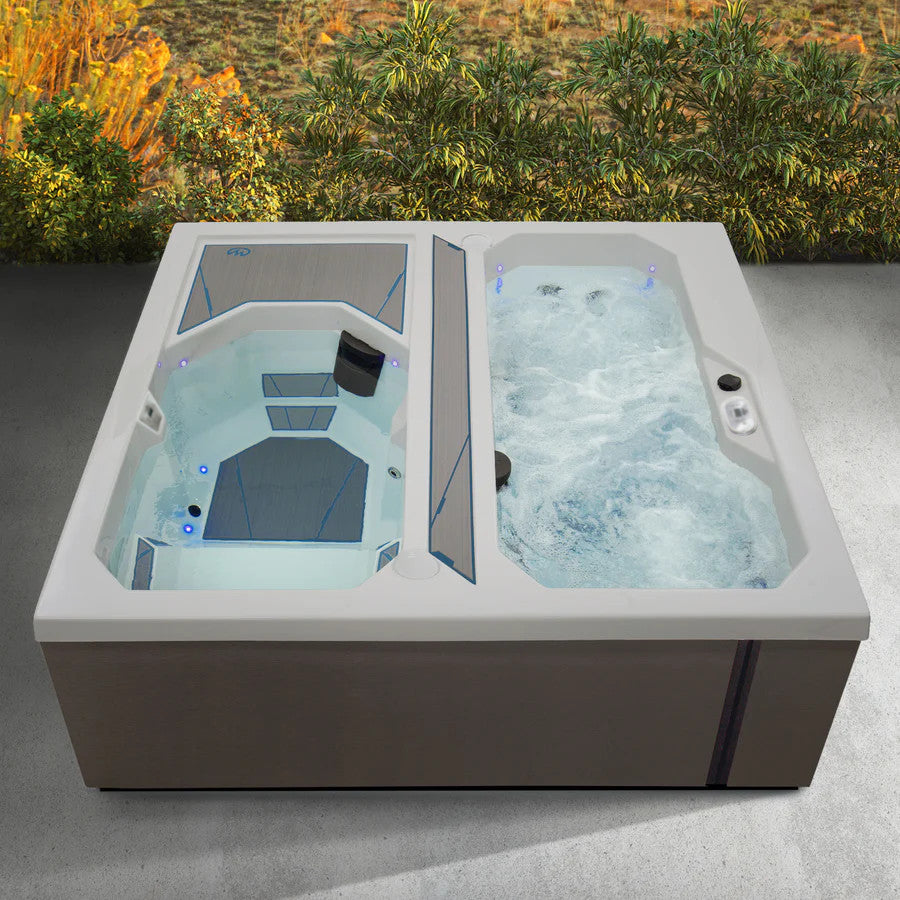
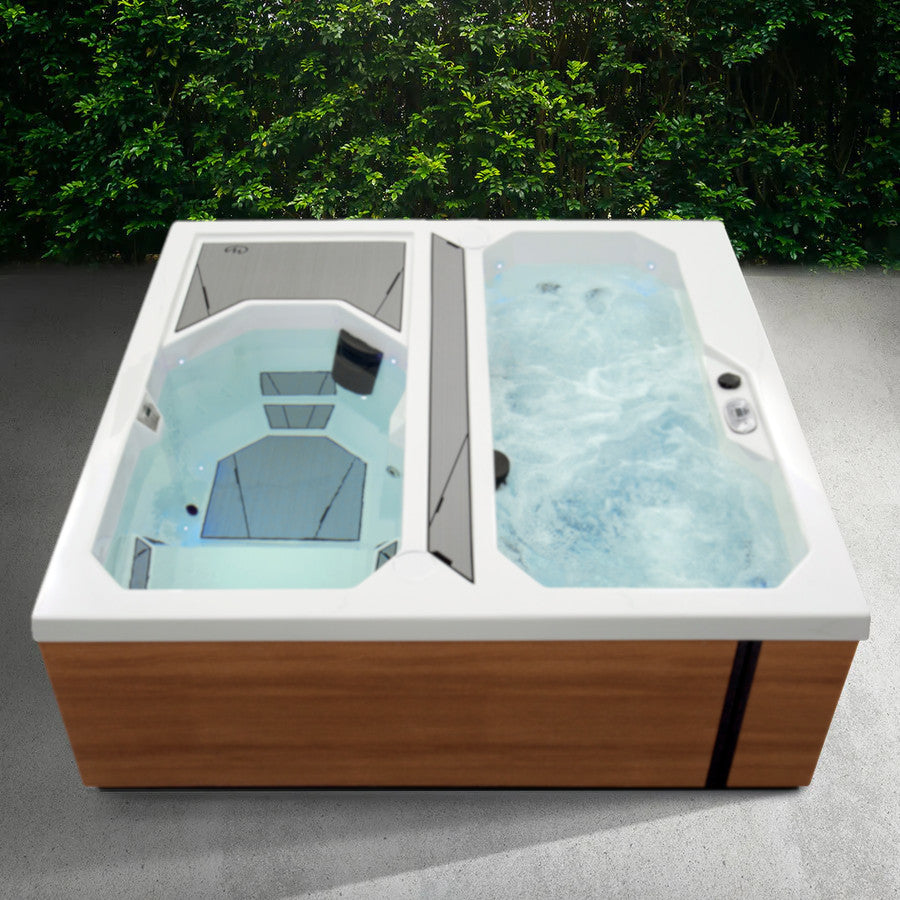
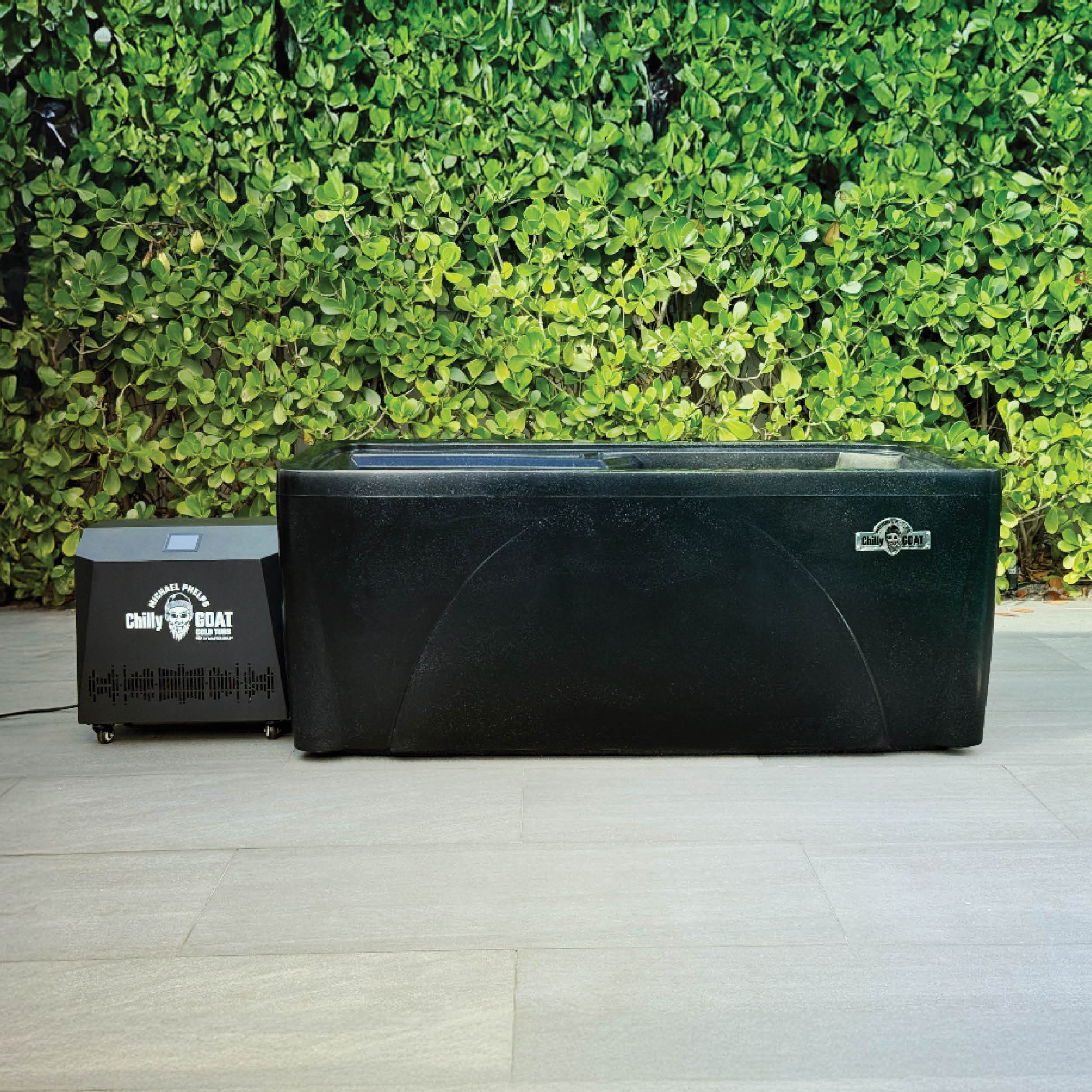
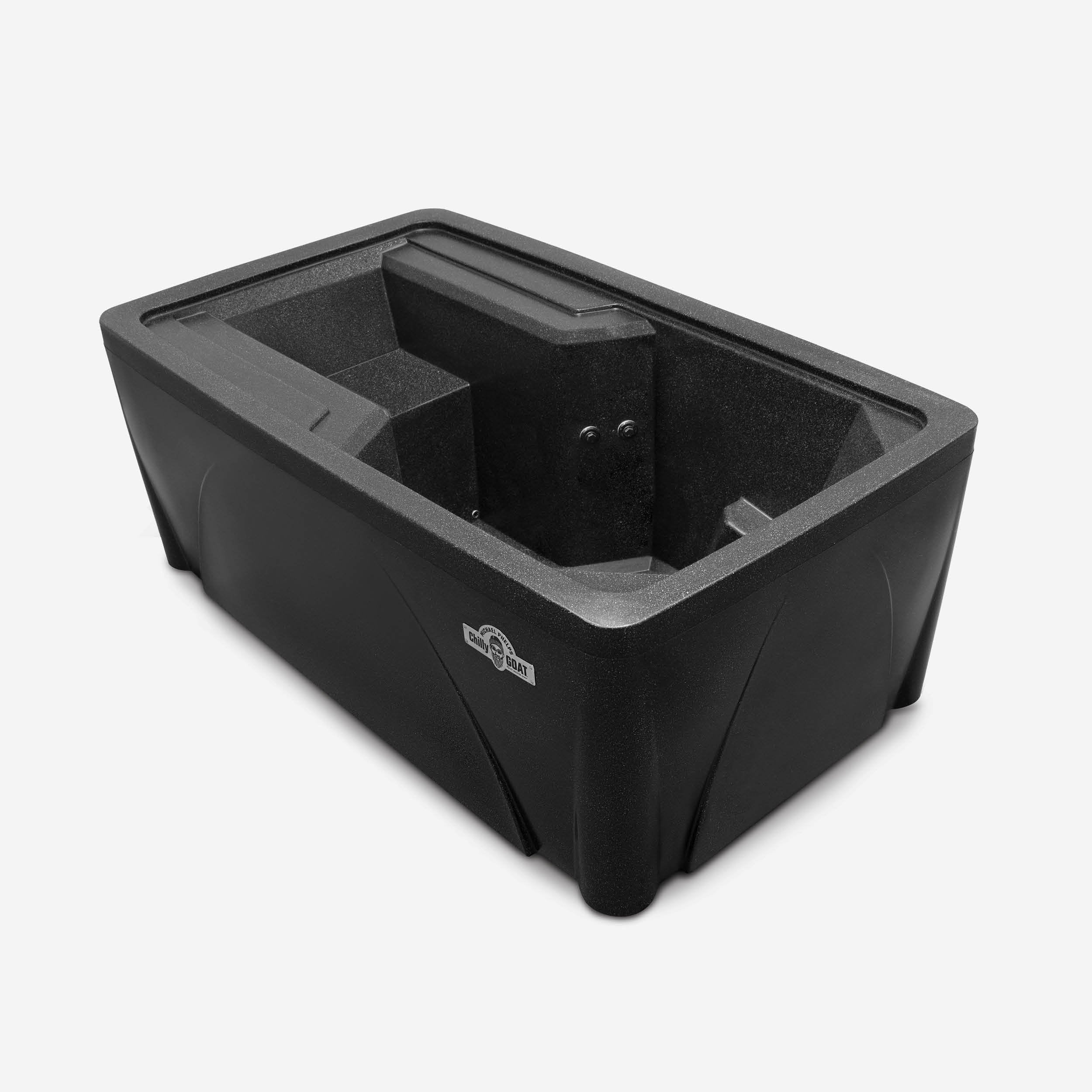
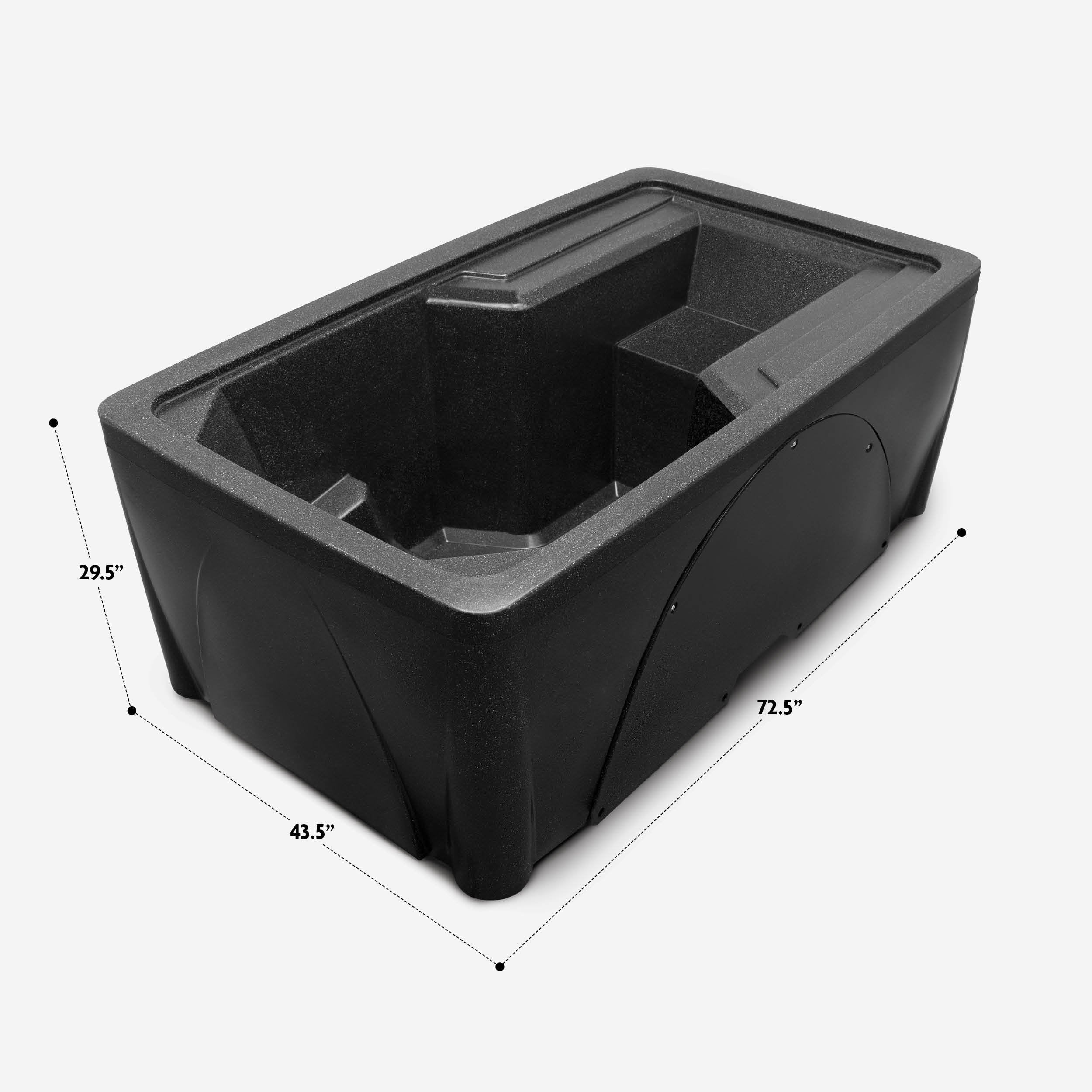
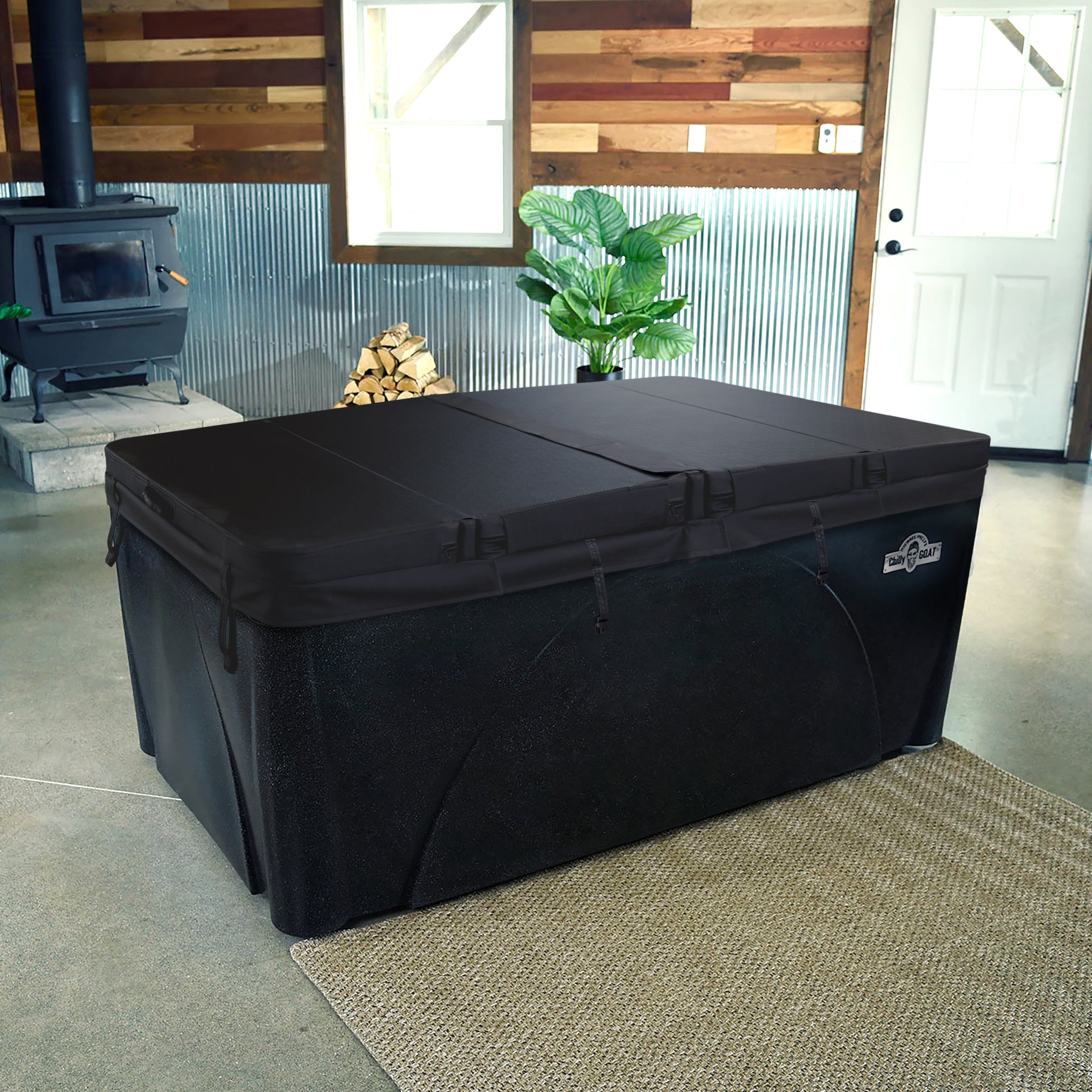
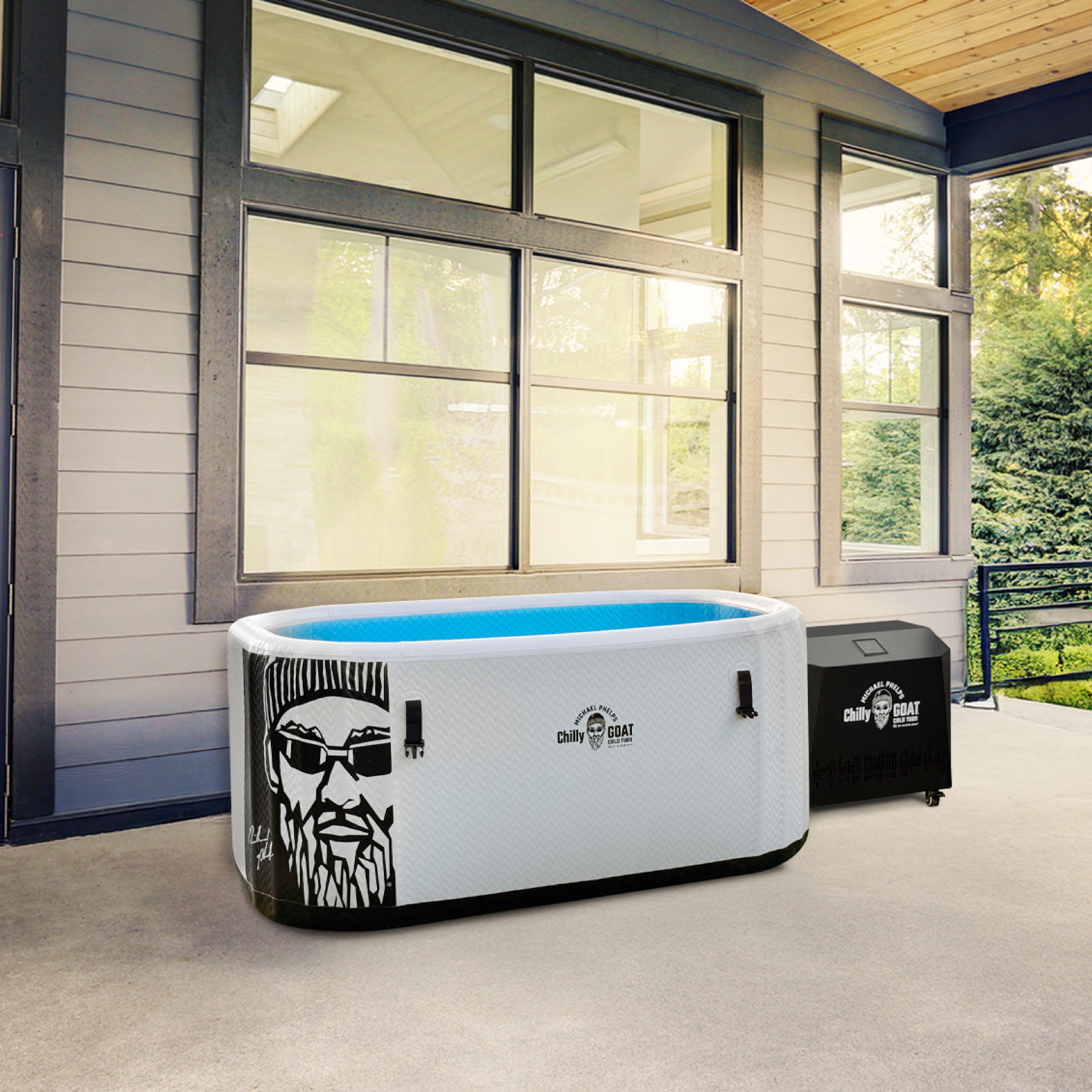
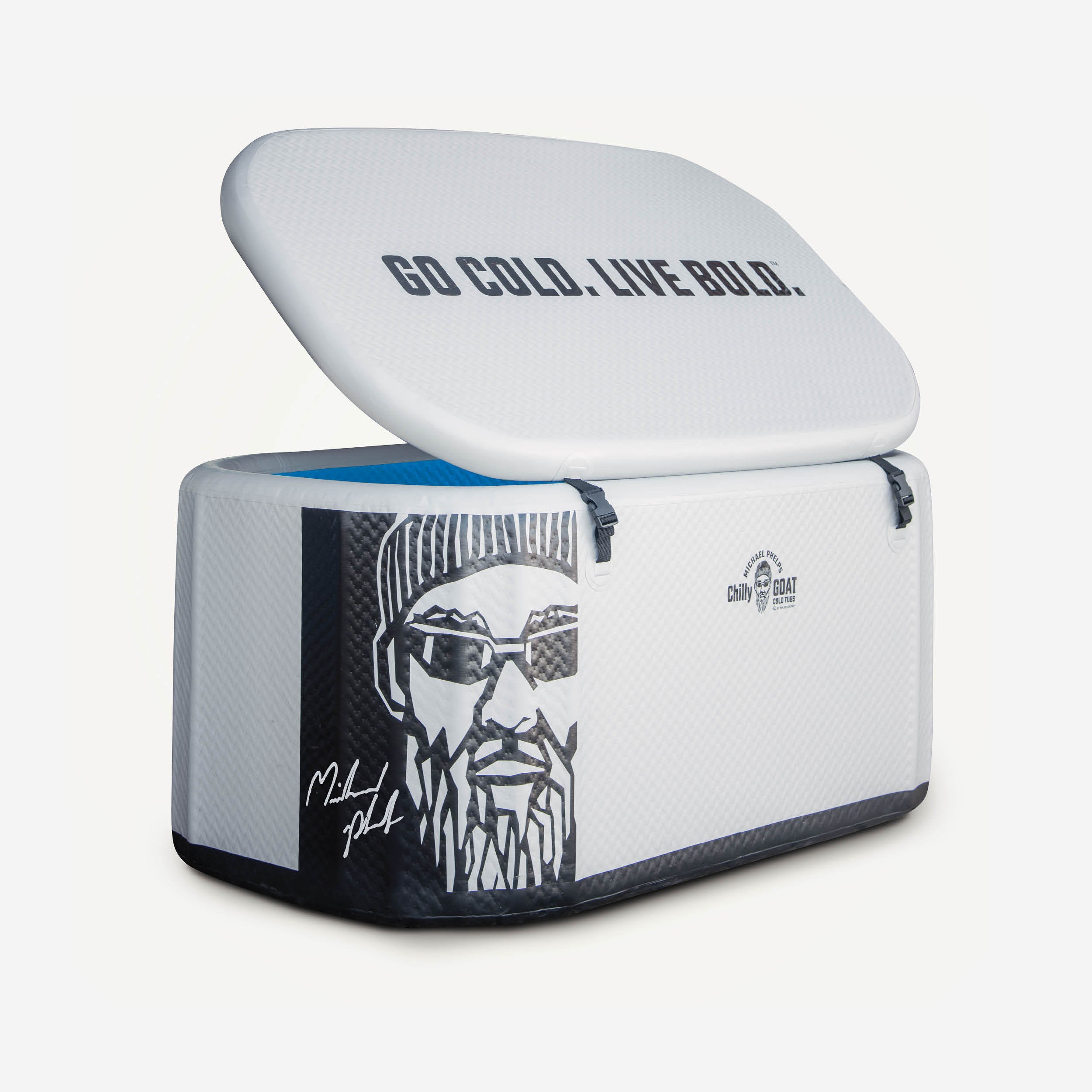
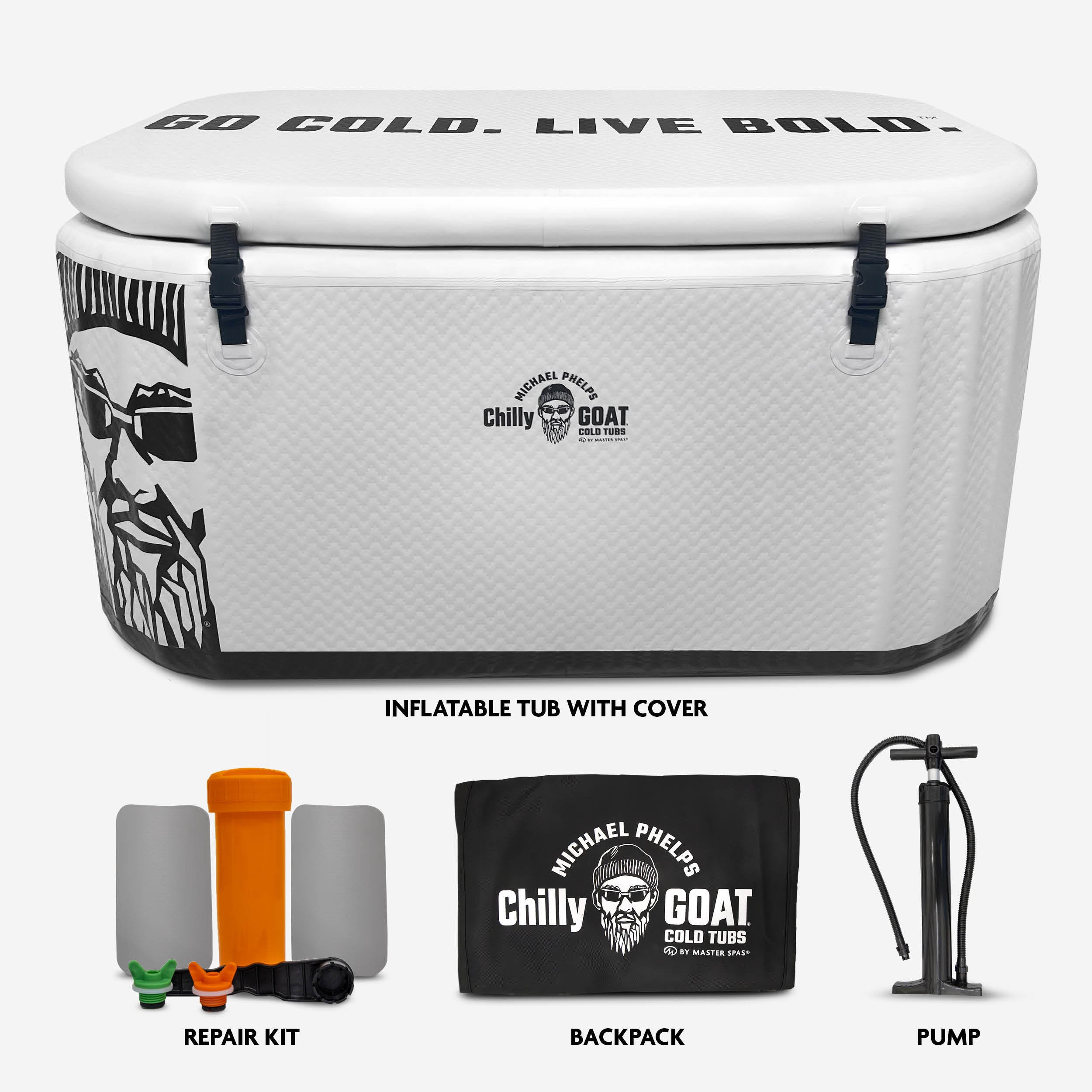
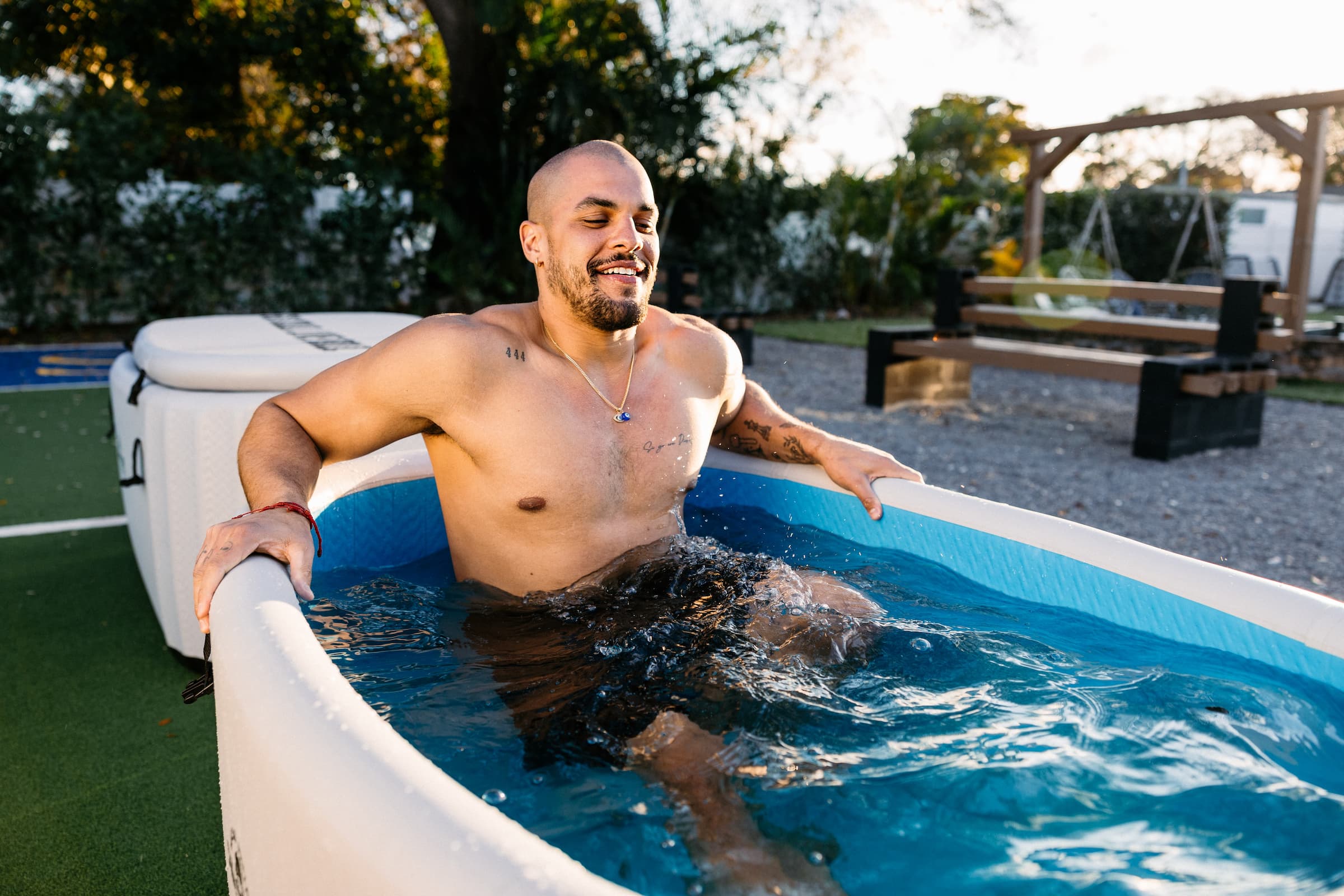


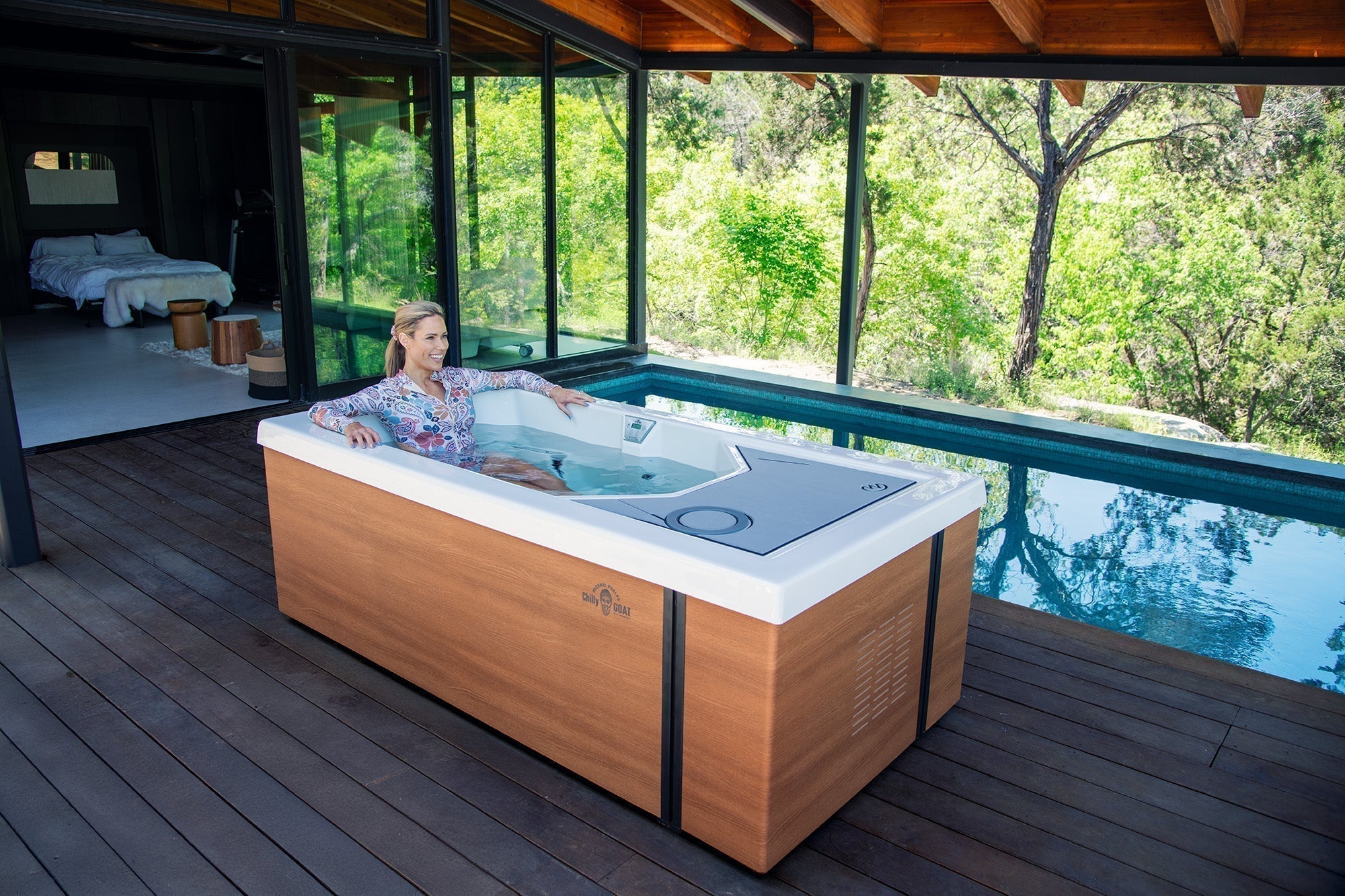
Burnout and women: Understanding the signs and finding a way through
Cold plunge tub buyer's guide: 11 must-ask questions